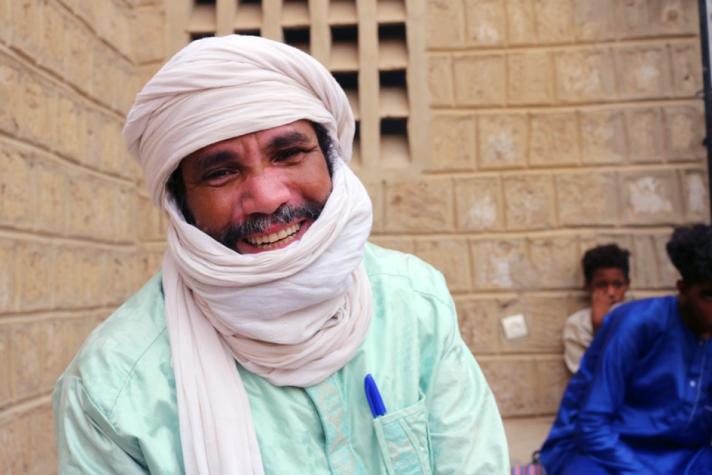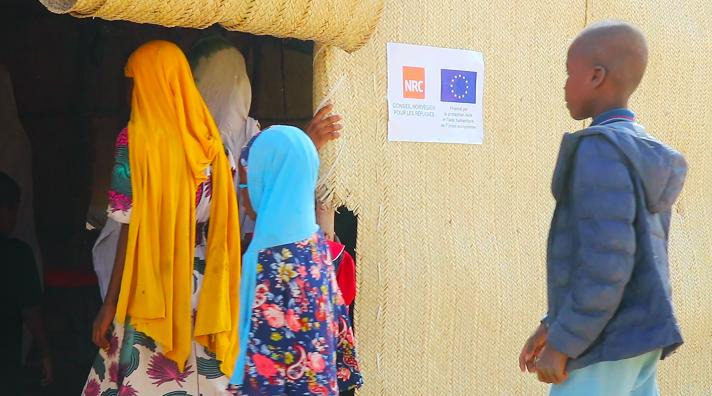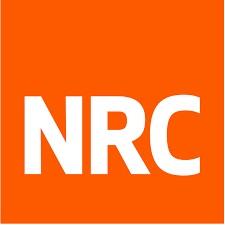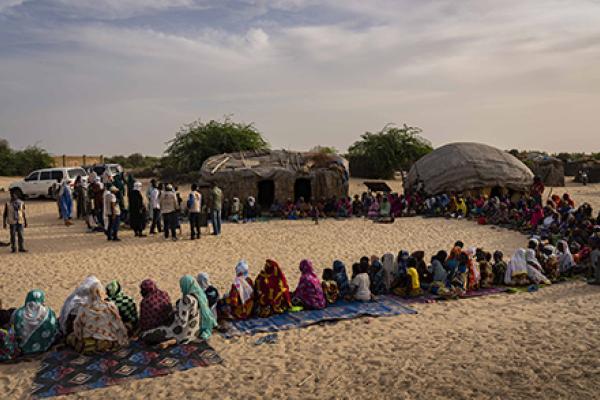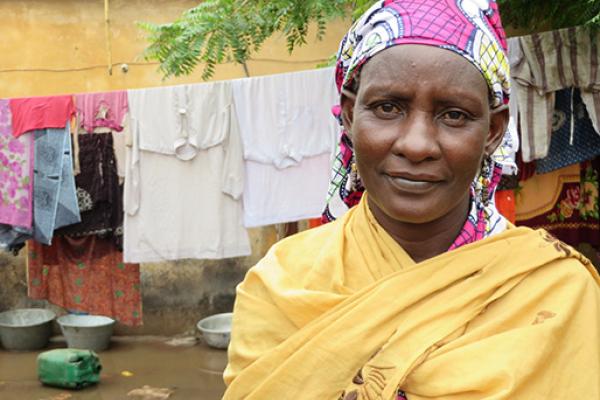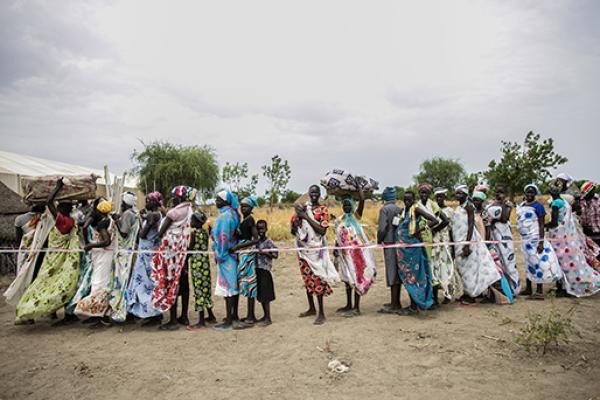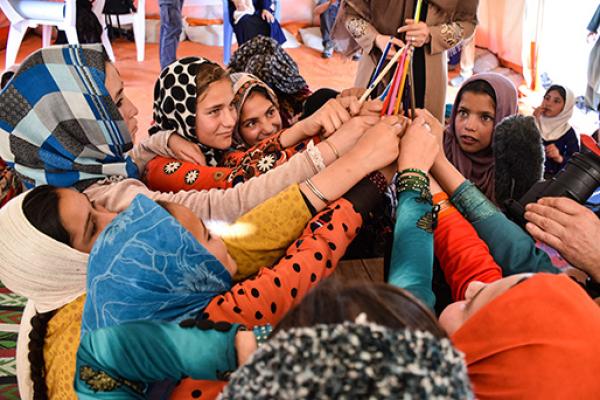According to the International Organization for Migration (IOM), some 330,713 people were internally displaced in Mali in May 2024. In the Timbuktu region, more than 5 out of 10 displaced people, including children, lack identification documents. This was the case for Deyloul’s 2 nephews.
Before moving to Timbuktu in October 2023, Deyloul was a peaceful trader, based in Taoudéni. The displacement had a profound impact on him, causing him to lose all his possessions – including his livestock.
“We abandoned our village because of the bombing. Many people fled – some, including women and children, travelled long distances on donkeys or on foot,” Deyloul explains. “Those who had the resources used other means of transportation. We took almost nothing with us in our panic. We lost everything.”
His nephews, Sidi and Maiya, didn’t have birth certificates, which meant they subsequently couldn’t go to school. “We tried to send some of our children, including my nephews, to school, but without birth certificates it was not possible,” Deyloul says.
As part of a humanitarian project funded by the European Union (EU), the Norwegian Refugee Council (NRC) is working to ensure that vulnerable people can access their essential legal recordings despite the ups and downs of life. Sidi and Maiya have now obtained their birth certificates and started attending the Koiratao Community Learning Centre in Timbuktu.
Indeed, once Deyloul’s nephews received their birth certificates, many doors opened for them.
“My nephews were illiterate; they couldn’t read or write. They can now read and write their names, thanks to the learning centre. They also eat at the centre, which means they never return home with empty stomachs,” Deyloul says.
Deyloul is now more confident about Sidi and Maiya’s prospects. “I see great opportunities in my nephews’ schooling. In the future, they may become important figures, such as lawyers, judges or doctors.”
This project, a partnership between NRC and EU Humanitarian Aid, aims to address the urgent needs of communities affected by displacement in the Douentza and Timbuktu regions.
When they were first displaced, Deyloul and his group were given initial help and supplies to get by. At the same time, NRC staff assessed what other urgent assistance they needed.
“For us, it is a priority to help people access legal documentation. It is not only indispensable to access basic services like healthcare and education, but also to prevent statelessness,” says Chiara Ciminello, EU Humanitarian Aid protection and gender expert.
“In a context of insecurity like northern Mali, it is key that people who flee the violence have papers as it offers them a better protection.”
In the Timbuktu region, 1,902 children, including 948 boys and 954 girls, have already received their birth certificates and now attend the 5 Learning Centres for Resilience and School Reintegration (CARIS) and host schools.

